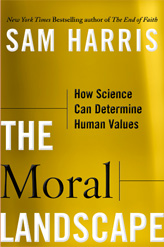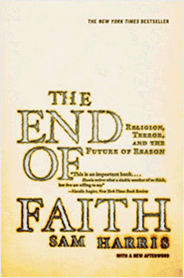Training the Emotional Brain
An Interview with Richard J. Davidson

Richard J. Davidson is the William James and Vilas Professor of Psychology and Psychiatry, Director of the Waisman Laboratory for Brain Imaging and Behavior and the Laboratory for Affective Neuroscience, and Founder and Chair of the Center for Investigating Healthy Minds, at the Waisman Center, University of Wisconsin-Madison. He received his Ph.D. from Harvard University in Psychology and has published more than 275 scientific papers, many chapters and reviews, and edited 13 books. He is the author of the new book (with Sharon Begley) The Emotional Life of Your Brain. Richie (as he is known to his friends) has done more to bring the study of mental well-being into the 21st century than anyone I can think of. He was kind enough to answer a few questions about his work.



















